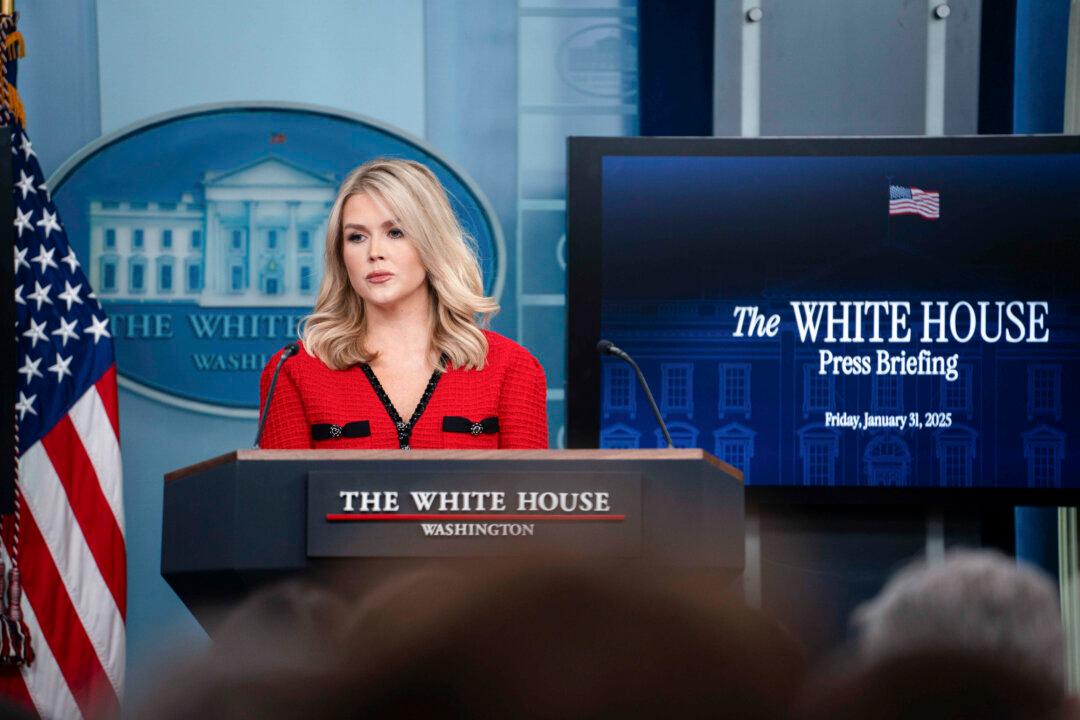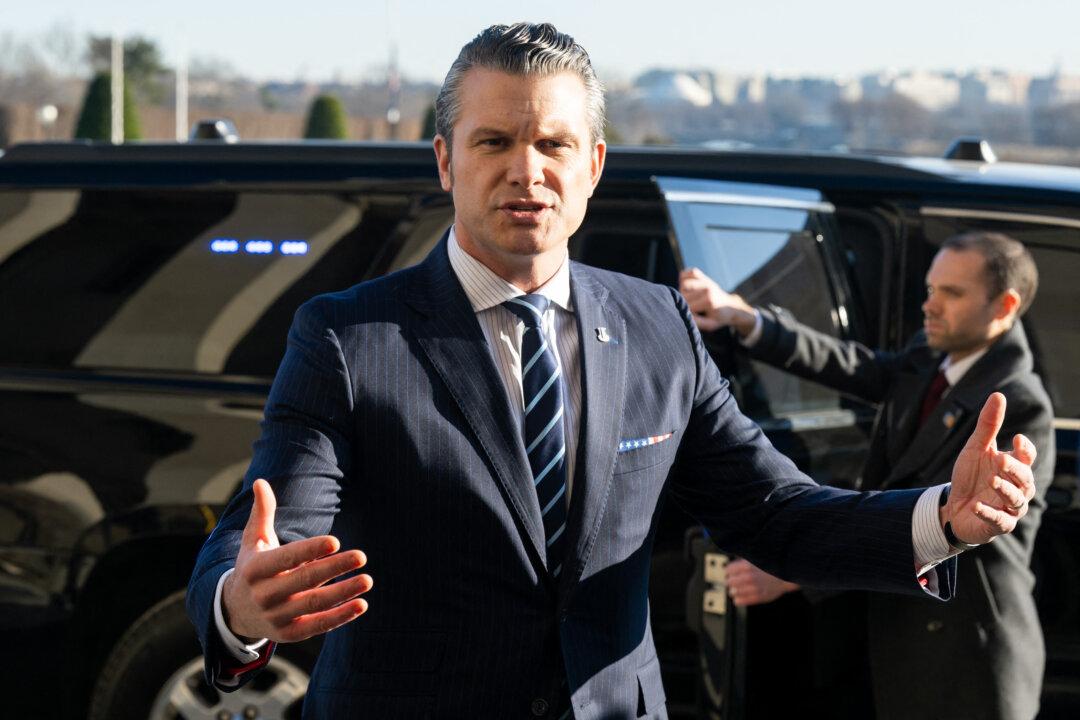Canada is closing its borders to non-citizens other than permanent residents, the immediate family members of citizens, U.S. citizens, airline crews, and diplomats, Prime Minister Justin Trudeau announced March 16.
The operators of airlines have been told to prevent travelers with symptoms of the virus from boarding a plane to Canada, according to the prime minister.
Border restrictions won’t apply to trade or commerce, he said.
“I know that these measures are far-reaching. They are exceptional circumstances, calling for exceptional measures,” Trudeau said. “This measure will carve out some designated exceptions, including for air crews, diplomats, immediate family members of Canadian citizens and, at this time, U.S. citizens,” he added.
Canadians who are traveling outside the country should make plans to return soon, Trudeau said.
“Let me be clear, if you’re abroad, it’s time to come home,” he said, adding that people who have just arrived must be under quarantine for 14 days.
According to Johns Hopkins University, there are at least 415 cases of coronavirus in Canada.
The head of the World Health Organization (WHO) told a news conference that social distancing and other measures to limit contact between people can help fight the spread of the coronavirus, but testing people who might have the disease is its No. 1 priority.
WHO Director-General Tedros Adhanom Ghebreyesus said the COVID-19 outbreak is the “defining global health crisis of our time” and will “be a test of our resolve.”
“We have not seen an urgent enough escalation in testing, isolation, and contact tracing, which is the backbone of the response” to determine who is sick, he added.
“You cannot fight a fire blindfolded, and we cannot stop this pandemic if we don’t know who is infected,” Ghebreyesus said. “We have a simple message for all countries: test, test, test.”





